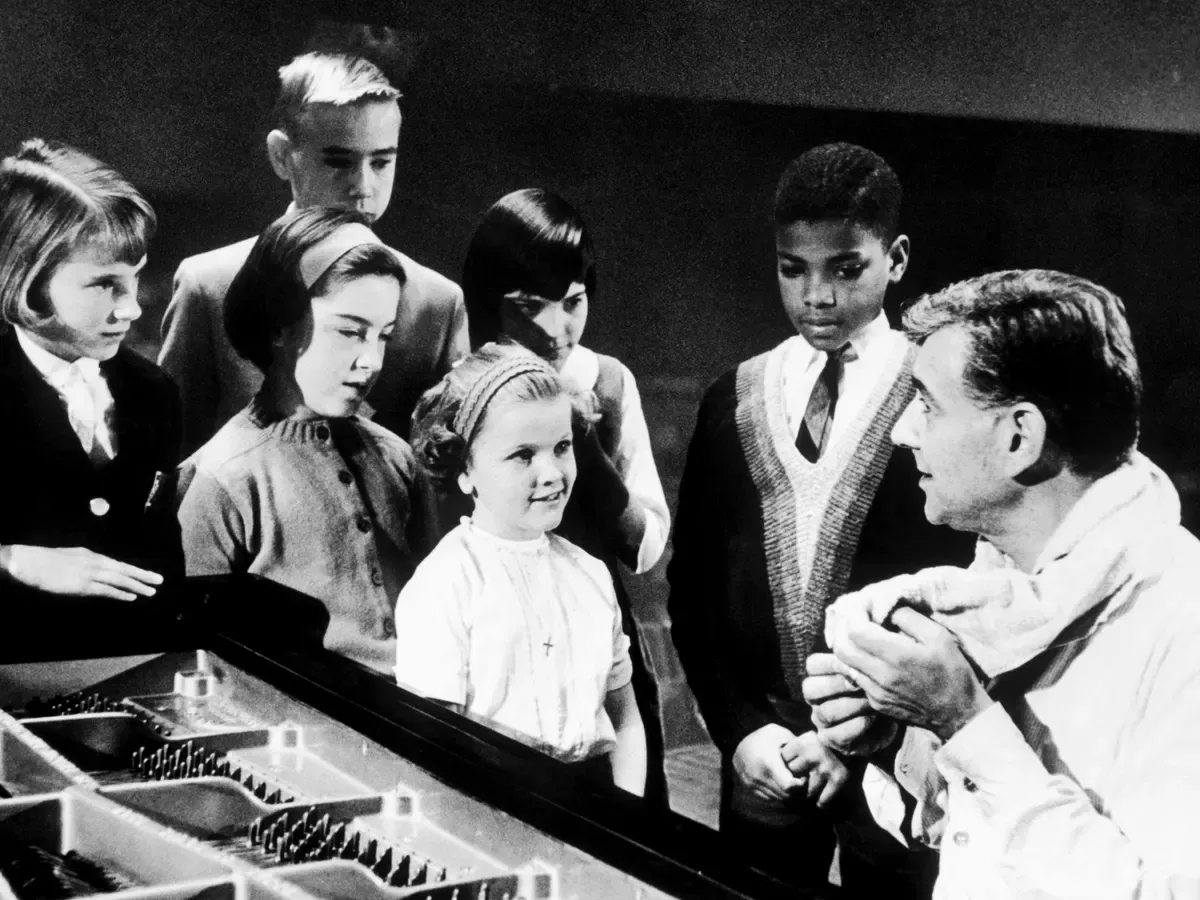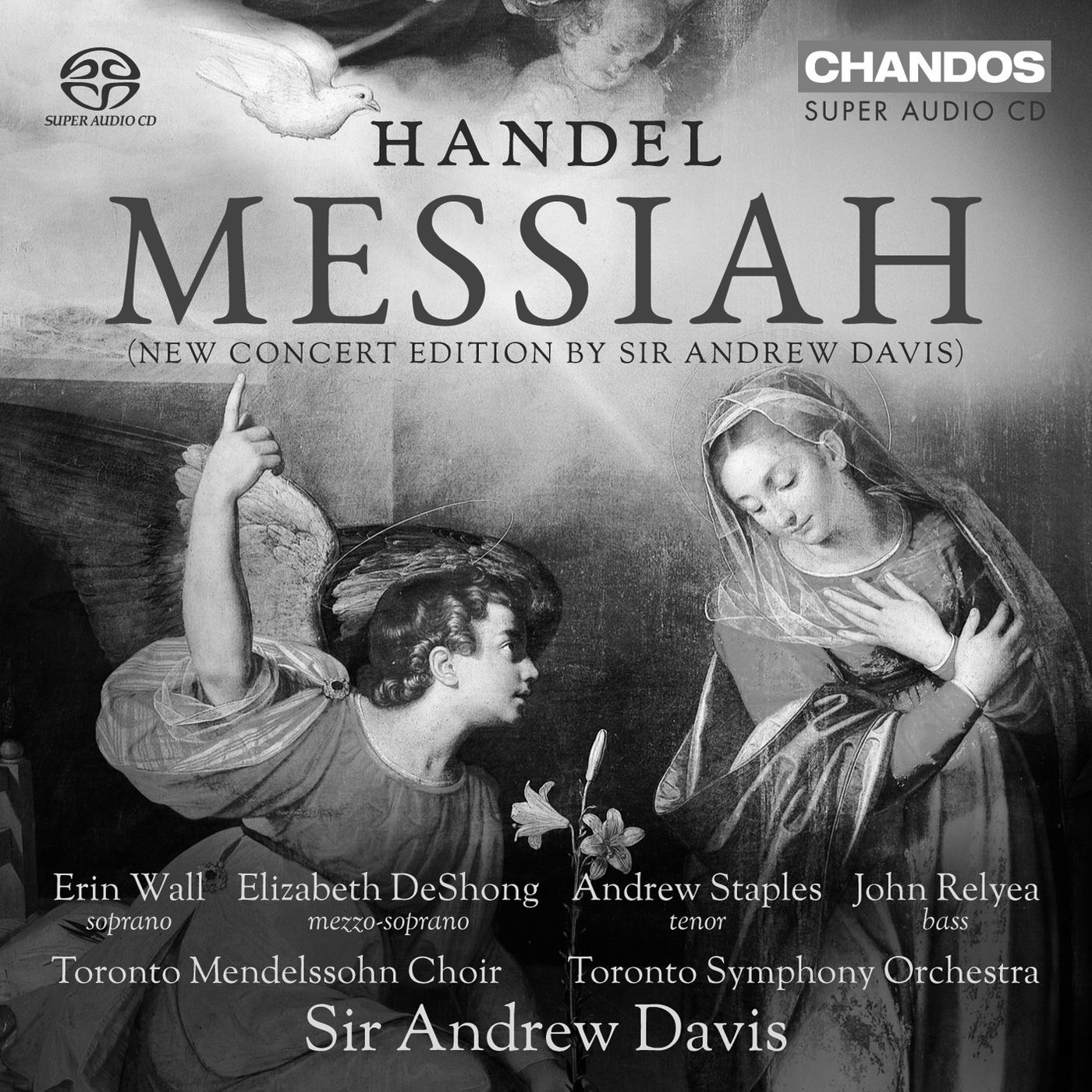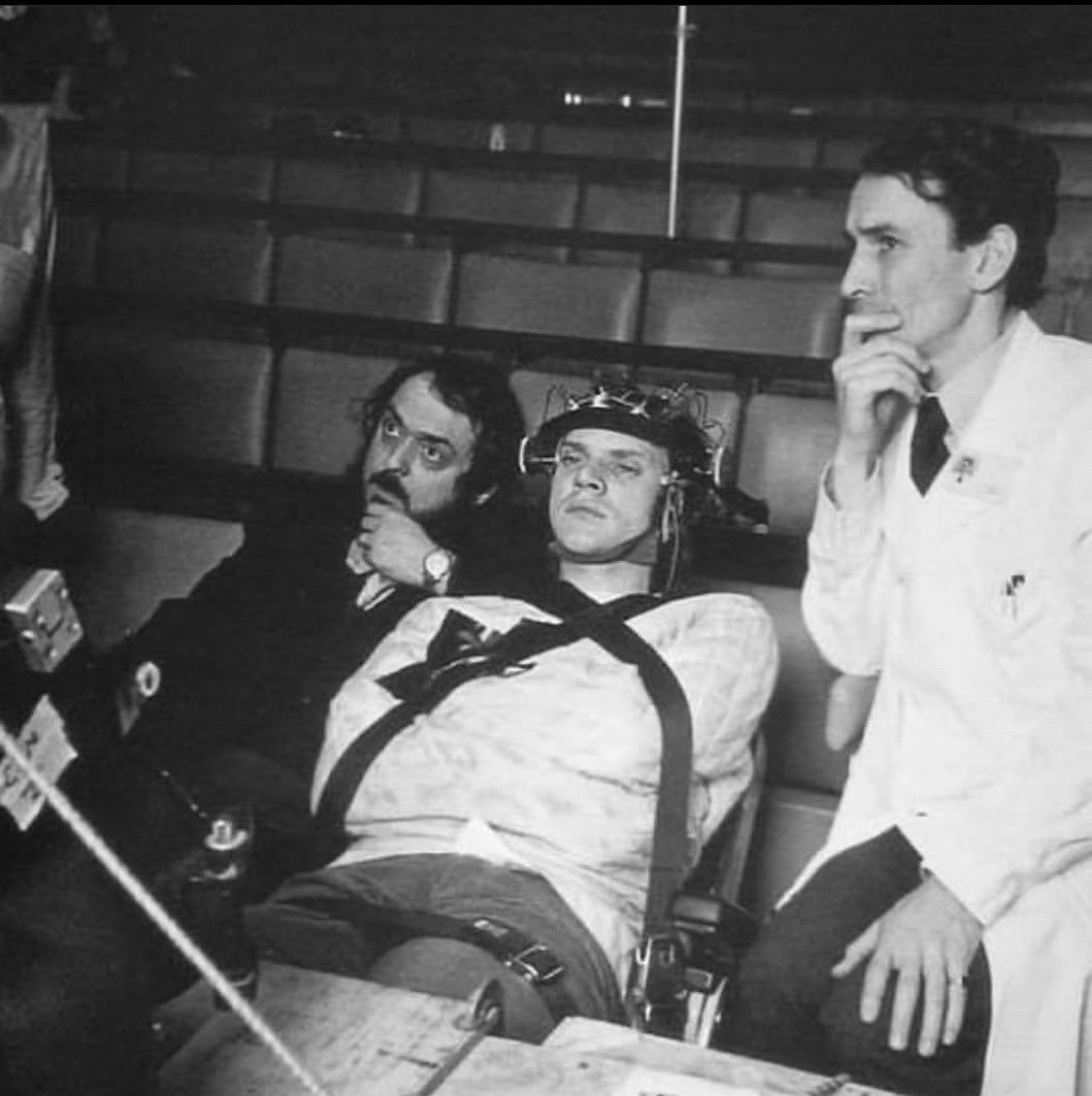Bernstein: The meaning of music
What do we listen to when we listen to music?
This article is an extended reflection on watching Bernstein 's "Young People in Concert" - a family concert series launched by the New York Philharmonic in the last century. Although the film is about classical music, I think it is a general education that applies to everyone and that every music lover can be inspired by.

Before introducing Bernstein's main point, I would like to talk about the term "pure music". To be honest, I have never liked this expression very much. No matter how I listen to it, it seems to be a strange classification. Since there is pure music, what is impure music? Can't music with lyrics and titles be pure music? Today, this word seems to have gradually faded out of sight, but it still exists in the musical cognition of some people.
In this family concert, Bernstein broke the binary distinction between title music and pure music that many people are accustomed to, and reshaped the way we understand music❶-Music is music, not about titles and lyrics, but about stories Or the picture is irrelevant. Everyone can arbitrarily give a piece of music their own plot and pictures, but these are just additions to the music.
What is the meaning of music? Bernstein's answer: emotions. When we listen to a piece of music, different people have different understandings and imaginations, and different occasions and times will also have different feelings. Music is a vague mood that can have different figurative additions. This is because music is another language, not like any human language. When we hit a single note at random on the piano, you don't feel anything, whereas if it's a continuous series of notes, you hear upbeat, uplifting, or gloomy. It's hard to explain how the human response to music comes about, and that's what makes music so special.
Who really "gets" the music? - Please stop speculating about creative intentions
Once I shared a video of a British pop rock band with my family, and she enjoyed it and thought it sounded good. "I just couldn't understand what they were singing," she said. At that time, I just answered, I don't need to understand, as long as it sounds nice. Looking back now, although we often say that music has no borders, it is true that many people listen to a song and seek an official orthodox interpretation, wanting to know what the lyrics express. Reading the lyrics seems to help us understand the music.
It's really fun to dig out the story behind the creation, and I love doing it. But this Bernstein video gave me a new perspective on how authenticity isn't always that important when it comes to what music means. The creator's intentions do not form part of the music itself. The interpretation of music-related texts is actually the interpretation of additions to music.
Sometimes the interpretation of these additions is important, such as when music is used to express an attitude, or as a weapon of resistance. For example, during the current war in Ukraine, anti-war songs are used to pray for world peace.
However, even if the reasons are valid, I think there is no need to force romanticized imaginations on irrelevant things, just like The Cranberries' Dying In The Sun was not written for the Yugoslav war, but was interpreted on the Chinese Internet. meanings that did not exist before. And, more often than not, such an interpretation is a distraction (especially in classical music). No one can define who "understood" a piece of music, and discussing such standards is not only meaningless, but sometimes even absurd❷.

I hereby appeal to stop being keen on music legends on the Internet. Even if there is no harm in fake news, it cannot be a reason for us to accept misreading and forwarding.
In addition, we can also establish a recognition that the creation itself and the work itself can be discussed separately. Just like Idiot Wind , which was written by Dylan angrily scolded his girlfriend's sister when he was young, the motive for creation was personal emotional catharsis, and it was not noble at all, and he himself expressed regret for the viciousness at that time. But such a story doesn't stop me from being drawn to the poignant impact of the song.
Stripping the musical additions
Since deliberate understanding is not our goal, how should we appreciate such a thing as music? I have already given the answer in the previous article . At the right moment, when the channels of the senses are fully opened, the emotions shudder, the soul makes a connection...let the ear and the heart tell you the answer.
According to Bernstein, it is necessary for us to learn to strip away the distractions of additions in the process of listening to music. In the case of Vivaldi's Four Seasons, one of the most pointless things to do in appreciating this Baroque masterpiece is trying to match the chapters to the seasons of Venus. It doesn't make any real sense for you to appreciate the work. I can totally say that the chapter of "Spring" depicts the passionate and cheerful mood of summer, and the plucked sound of the second movement / broad board of "Winter" is like a mellow summer stream. In fact, I don't have to associate these beautiful movements with any pictures at all, the music itself can bring me a wonderful experience.
The same is true for most classical music. Whether you go to the Danube River will not help you better understand "The Blue Danube", and whether you believe in Jesus Christ is not a threshold for appreciating "Messiah". You don't really have to put one foot on it. Entering the grave❸, you can also listen to Bach Cantata's piano variations (laughs).

In a previous article "Smile" by Charlie Chaplin , I introduced Chaplin's compositional works, the themes expressed in different film and television works, confirming that the potential of music is not fixed in pictures and plots Limit this. This is a song that will be a little sad and a little negative after listening to it repeatedly. It seems to express the helpless pain of being hit and having to face the bad world with a smile. The trailer for "Joker" captures this emotion in a brilliant way. However, in Chaplin's original film, the song appears when the frustrated protagonist duo, after a series of ups and downs and finally returning empty-handed, wiped away their tears with each other's company and encouragement, and continued The moment of departure with hope expresses a very different emotion. Obviously, it doesn't matter what kind of picture music is associated with and what kind of story it expresses. They have nothing to do with music itself, and music itself cannot be interpreted.
Reflections on the Behavior of Artistic Feeling
If you've read Yuval Harari's A Brief History of Humanity, you should be impressed by the idea that Homo sapiens' love of stories is etched in their genes. We are easily moved by romantic stories, which in itself may explain people's tendency to attach meaning to music. But here I would like to offer a new perspective - this tendency towards storytelling is essentially a form of laziness, a shortcut to help our still dull senses experience music and other arts.
Listening to a classical concert, I find that it is easier and more focused to feel the scene when I hear the repertoire that I am familiar with. One of the reasons is that I rely on add-ons to listen to music. This is the embodiment of sensory dullness. It is easier to like the music of the composers you are familiar with or with similar style characteristics, but it is more bland for other equally wonderful music, and once you add some interesting stories or pictures to the latter (such as the Oscar-winning "Cats and Rat" and "Hungarian Rhapsody "), I immediately liked it more, as if these additions enhanced my senses.
The protagonist of Kubrick's film "A Clockwork Orange" is a rebellious young man and playboy who has a keen sense of classical music, especially Beethoven's "Ninth Symphony". When he was subjected to the government's thought control experiment, he had a strong rejection reaction due to the use of his favorite "Bei Jiu" as the soundtrack during the experiment. Before that, he had already formed a deep emotional bond with this piece... He struggled in pain, shouting: "I know violence is bad!... But this has nothing to do with Beethoven! Beethoven is supreme Pure!" The impact of this experiment was the key to the subsequent development of the story, which in the end nearly destroyed him. Kubrick showed us that the bond between music and picture is not always a good thing. While there would be no such pathological binding of music to appendages in reality, it made me reflect on my reliance on musical appendages—or made associations.

Musical smell, or artistic sensibility, just like physical, analytical or creative power, everyone has more or less, but the strength is different, and can be cultivated and enhanced consciously. It's like saying that we shouldn't rely on alcohol and a narrow range of specific situations to be creative, but instead seek a sense of reliability, stability, and ease in control. Create healthy and regular like Coldplay, not like The Doors. Creation should be a rewarding activity, not a consuming one. Music smells the same. From passive indoctrination to active analysis, it is my ideal to gain sensory gain and mental strength through better listening.
footnote:
❶ I know that pure music in classical music is not the same concept as what many people understand now - the former means untitled music, and the latter may be understood as "quiet music without lyrics" - but I Thought this does not affect the point refuted here by Bernstein.
❷ I now have a deeper understanding of Dylan's indictment of fans and followers in The Chronicle. See the '17 blog Chronicle: Volume 1.
❸ Ich steh mit einem Fuß im Grabe (“One of my feet in the grave”), BWV 156, Church cantata by JS Bach . Spotify
Like my work? Don't forget to support and clap, let me know that you are with me on the road of creation. Keep this enthusiasm together!
